Faculty Bios
Course Director: Alla Landa, PhD
Organizing Committee: Alla Landa, PhD, Brian A. Fallon, MD and Philip R. Muskin, MD

Alla Landa, PhD
Assistant Professor of Clinical Psychology in Psychiatry
Columbia University, New York, NY, USA
Center for the Study of Neuroinflammatory Disorders & Biobehavioral Medicine, NYSPI
Dr. Landa is a clinical psychologist who specializes in research and treatment of psychosomatic disorders. She obtained clinical training at LIU and NYU-Bellevue Medical Center, and postdoctoral research training in developmental neuroscience at Columbia University. Dr. Landa’s work bridges clinical psychology and neuroscience, focusing on the interface of emotion regulation, interpersonal well-being and physical health, with the goal of uncovering etiology of psychosomatic distress and developing new effective treatments. In particular, she has formulated a translational research-based developmental theory of somatoform pain and its implications for treatment, and conducted studies on the neural bases of the effects of early development and interpersonal emotions on physical pain. Dr. Landa’s treatment approach is based on translational research findings, and integrates modalities of therapy that have been shown to alleviate psychosomatic distress, including multidisciplinary team care for patients with psychosomatic disorders.
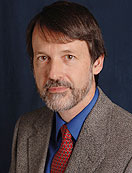
Brian A. Fallon, MD, MPH, MED
Professor of Clinical Psychiatry
Columbia University, New York, NY, USA
Director, Center for the Study of Neuroinflammatory Disorders & Biobehavioral Medicine, NYSPI
Dr. Fallon directs the Center for Neuroinflammatory Disorders and Biobehavioral Medicine at NYSPI, a center which encompasses studies of somatoform disorders and those at the medical-neurologic-psychiatric interface. Dr. Fallon’s research on OCD led him to conceptualize hypochondriasis as an obsessional disorder and to later demonstrate its responsiveness to SSRIs. This expertise led Dr. Fallon to serve as advisor to the DSM-5 Workgroup on Anxiety Disorders regarding the fate of hypochondriasis. Dr. Fallon’s major research interests cut across the boundaries of medicine, psychiatry, and neurology. More recently, he has focused on those with post-treatment Lyme disease, seeking to clarify pathophysiology and identify better treatments for this debilitating heterogeneous condition. His work – funded by the NIMH, NINDS, NARSAD, and foundations – has led to presentations before Congress, the CDC, and Institute of Medicine, and has been featured in popular media such as the New Yorker, NPR, and the New Scientist.
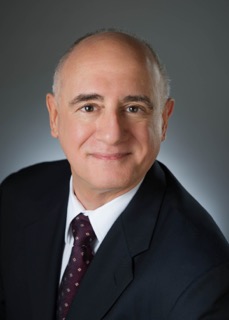
Philip R. Muskin, MD
Professor of Psychiatry
Chief of Service, Consultation-Liaison Psychiatry
New York-Presbyterian Hospital & Columbia University
Dr. Muskin is Chief of Consultation-Liaison Psychiatry and Professor of Psychiatry at the Columbia University Medical Center, and a faculty member of the Columbia University Center for Psychoanalytic Training and Research. He received his MD from New York Medical College, where he was AOA, and completed psychiatric residency and fellowship at the NYS Psychiatric Institute. He is the editor/ author of ten books and more than 90 articles or book chapters. He served as chair of the Scientific Program Committee of the American Psychiatric Association for the 2001, 2002, 2014, and 2015 meetings. He is a past chair of the APA Council on Psychosomatic Medicine.
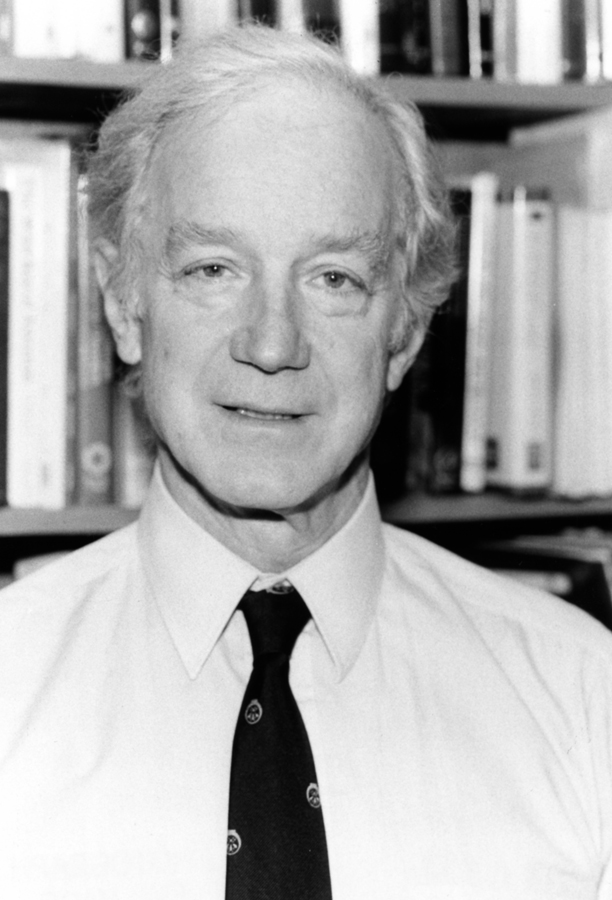
Myron A. Hofer, MD
Sackler Institute Professor of Developmental Psychobiology Emeritus
Founding Director,
Sackler Institute for Developmental Psychobiology,
Columbia University, New York, NY, USA
During his long career in research, Dr. Hofer has explored the basic developmental processes taking place within the mother-infant relationship. Using an animal model system, Dr. Hofer and his colleagues found hidden regulators of physiology and behavior within the mother-infant interaction and showed how these can have long-term, even transgenerational effects on later vulnerability to illness. This research has forged a new understanding of the early origins of attachment, the dynamics of the separation response, and the long-term shaping of development by that first relationship. Dr. Hofer conducted research at Cornell-Payne Whitney, the National Institutes of Mental Health, and the American Museum of Natural History. He has served on the editorial boards of the journals: Psychosomatic Medicine, Behavioral Neuroscience, and Developmental Psychobiology, and is the author of many research papers, theoretical chapters and several books, including “The Roots of Human Behavior"(1981). He has been president of the American Psychosomatic Society and the International Society for Developmental Psychobiology. Among his awards are the NIMH Research Scientist and Merit Awards, the Salmon Award Lectures, the Sandor Rado Lecture and the Senior Investigator Award of the International Society for Developmental Psychobiology
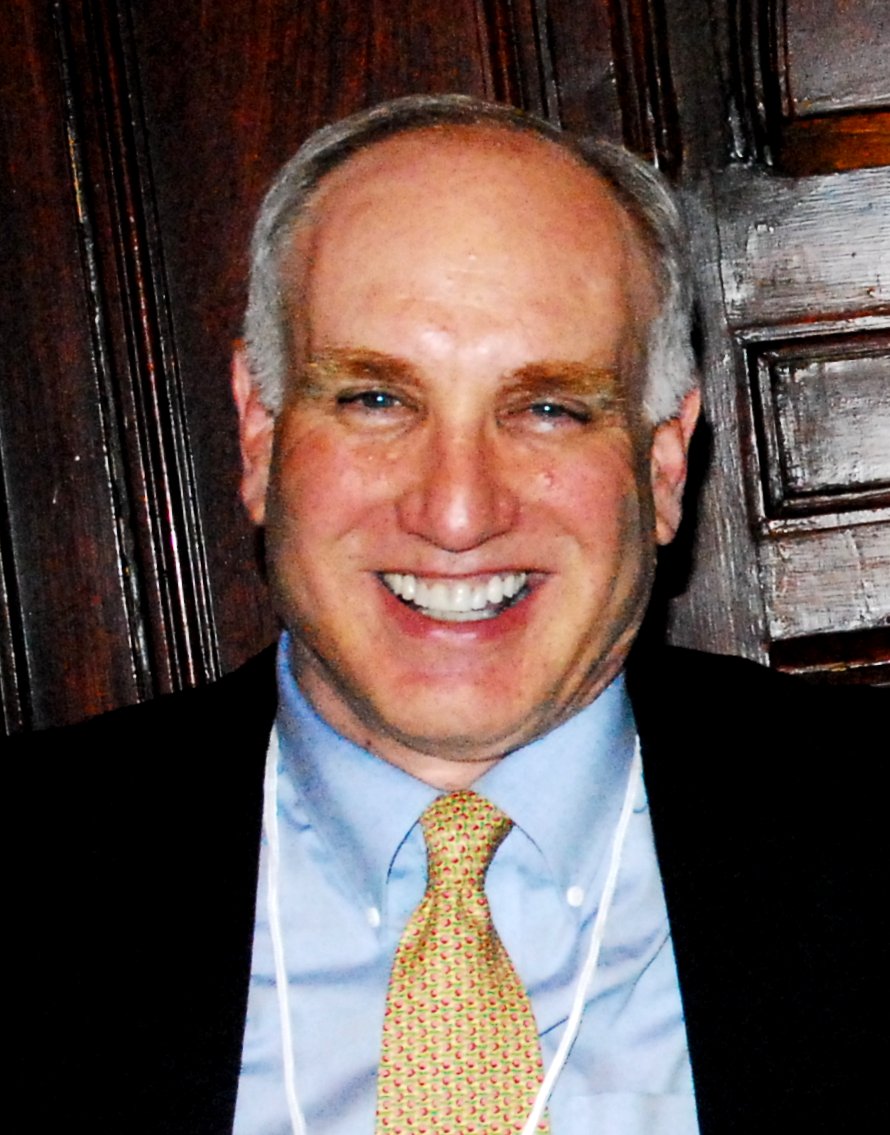
Richard D. Lane, MD, PhD
Professor of Psychiatry, Psychology, and Neuroscience Department of Psychiatry,
University of Arizona, AZ, USA
Dr. Lane is Professor of Psychiatry, Psychology, and Neuroscience at the University of Arizona. A clinical psychiatrist with a Ph.D. in Experimental Psychology (cognitive neuroscience), he is the author of over 125 articles and chapters. His research on emotion, the brain, and health has been funded by grants from NIH and multiple other sources. He is a member of the editorial boards of Psychosomatic Medicine and Social, Cognitive, and Affective Neuroscience, is Associate Editor of Biopsychosocial Medicine, and served as Guest Editor of a Special Issue of Neuroimage on Brain-Body Medicine in September 2009. He is a Past President of the American Psychosomatic Society, a Distinguished Fellow of the American Psychiatric Association, an elected member of the American College of Neuropsychopharmacology, and an Honorary Fellow of the American College of Psychoanalysts. He has been continuously listed in Best Doctors in America since 1997 and is the recipient of seven awards for teaching and mentoring.
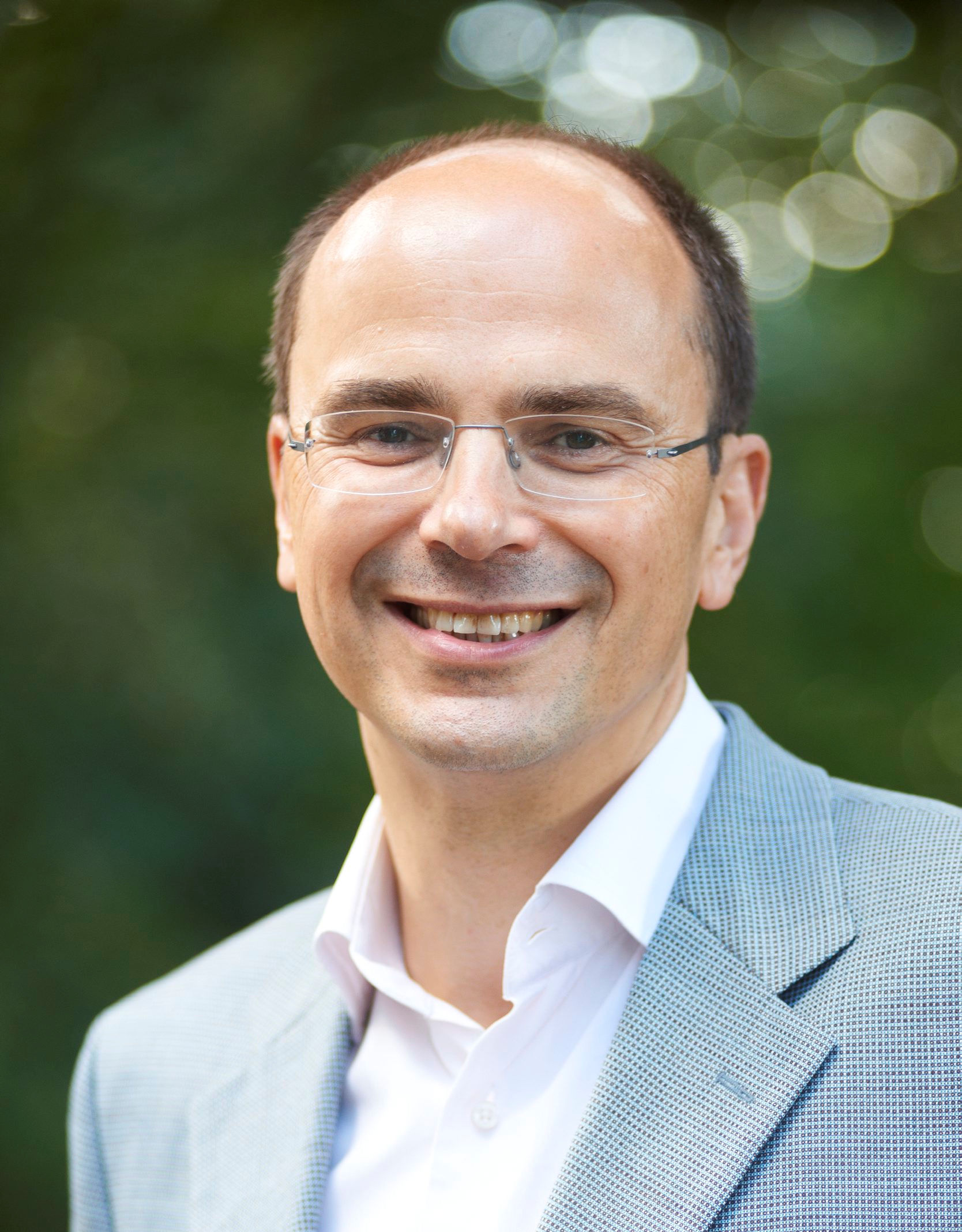
Harald Gündel, MD
Professor of Psychosomatic Medicine & Psychotherapy
Director of the Department of Psychosomatic Medicine and Psychotherapy,
University of Ulm, Germany
Dr. Gündel holds specializations in neurology (with sub-specialty in pain treatment), psychiatry, psychosomatic medicine, and psychotherapy, as well as a certification in psychoanalysis. He is a Director of the Department of Psychosomatic Medicine and Psychotherapy at the University of Ulm, Germany, which implements a multimodal treatment approach to inpatients and outpatients suffering from somatoform disorders and chronic pain. Dr. Gündel is also conducting clinical and basic research in the field of psychosomatics, and is the author of numerous publications in this field. Of note is his contribution to the multicenter randomized controlled study on the effects of psychodynamic short-term outpatient psychotherapy for patients suffering from severe somatoform pain disorders, and to neuroimaging research in patients suffering from these conditions. He received awards from the American and German Psychosomatic Societies, and serves as a board member of the German Society for Psychosomatic Medicine.
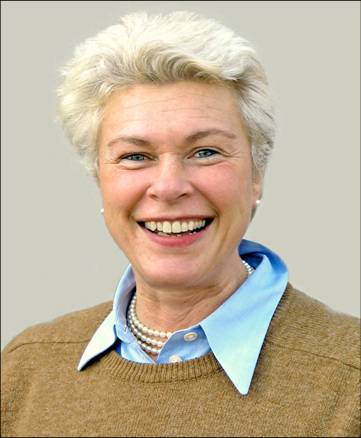
Alexandra Danner-Weinberger
Art Psychotherapist
Department of Psychosomatic Medicine and Psychotherapy,
University of Ulm, Germany
Ms. Danner Weinberger has been the Art Psychotherapist with the Department of Psychosomatic Medicine and Psychotherapy in the University of Ulm, Germany for more than 12 years. She holds a Diploma in Art Psychotherapy, and was trained in Analytic and Systemic Art Therapy by Gisela Schmeer in Munich. Ms. Danner Weinberer received certification as a Practitioner of Psychotherapy from the Institute of Art and Therapy in Munich, Germany. Over the years, Ms. Danner Weinberger worked with patients suffering from a variety of psychosomatic, medical, and psychiatric conditions, who were treated on both inpatient and outpatient units. Ms. Danner Weinberger also trains and teaches art therapy students from the Nürtingen University and the Institute for Art and Therapy in Munich. She also supervises Bachelor and Masters theses and is involved in research projects at the Universities of Ulm and Nürtingen.
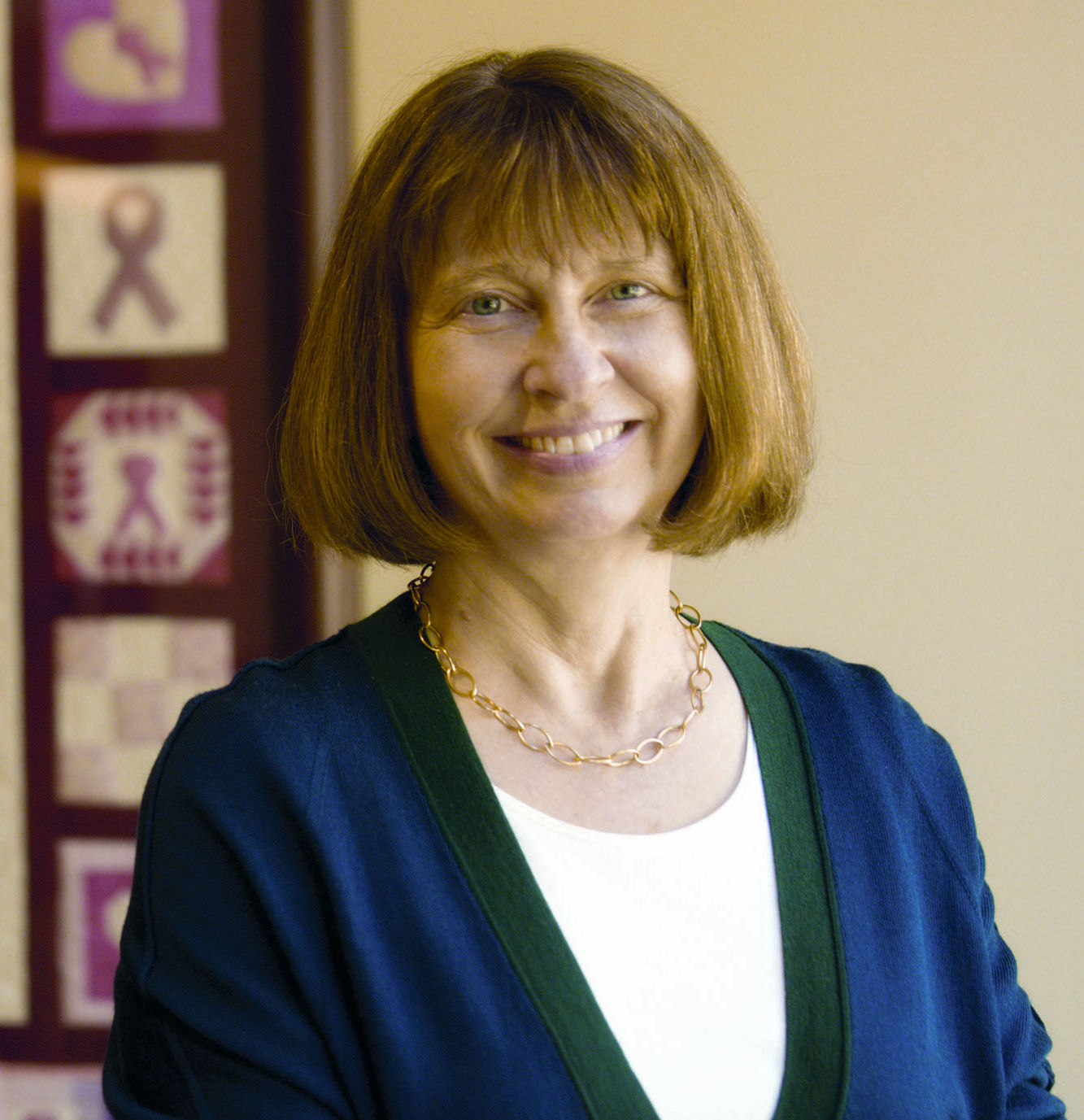
Karen L. Weihs, MD
Professor of Psychiatry
Medical Director of Psychosocial Support & PsychoOncology Services,
Arizona Cancer Center,
University of Arizona, AZ, USA
A family medicine physician by training, Dr. Weihs became interested in family therapy and subsequently completed family therapy training and obtained additional specialization in psychiatry. Her research and clinical work have been at the interface of medicine and psychiatry ever since. Dr. Weihs has developed a model for cancer patients’ mental health care including a collaborative team of oncologists, social workers, nurses, a nutritionist, and psychiatrists. Her research focuses on family processes and emotion regulation as they affect both mental health and disease progression in patients with cancer and end-stage renal disease. She was awarded a Scientist Development Award for Clinicians from the National Institutes of Mental Health and is currently funded by the National Cancer Institute to investigate emotion regulation and depression in breast cancer survivorship. Dr. Weihs is also an experienced psychopharmacology researcher, focusing on pharmacologic interventions for anxiety and depressive disorders in children, adolescents, and adults. Dr. Weihs is the current president of the American Psychosomatic Society.
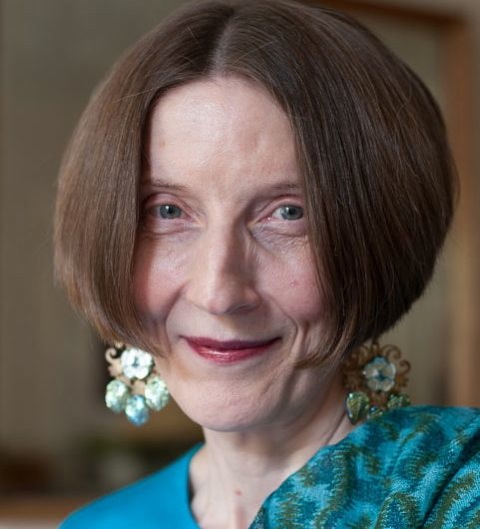
Frances Sommer Anderson, PhD
Faculty,
Manhattan Institute for Psychoanalysis
New York, NY, USA
Psychologist, psychoanalyst, pain and trauma specialist, Dr. Anderson has practiced in the field of physical rehabilitation medicine for four decades. Since 1979, she has treated people with chronic musculoskeletal pain and other stress-related somatic symptoms, as a faculty of NYU Medical Center, while working closely with John E. Sarno, MD, physiatrist at Rusk Institute--NYU Langone Medical Center. Dr. Anderson authored and edited three books on treatment of chronic pain conditions, including a new book Pathways to Pain Relief, a collection of case studies illustrating their psychodynamic treatment of patients suffering from chronic pain, which she co-authored with Eric Sherman, PsyD in 2013. Dr. Anderson is a Founding Member of the Psychophysiologic Disorders Association. Recognized internationally for her psychoanalytic publications about the body and pain and for her experiential teaching style, she was invited to give the 22nd Annual John Bowlby Lecture in London in April 2015.
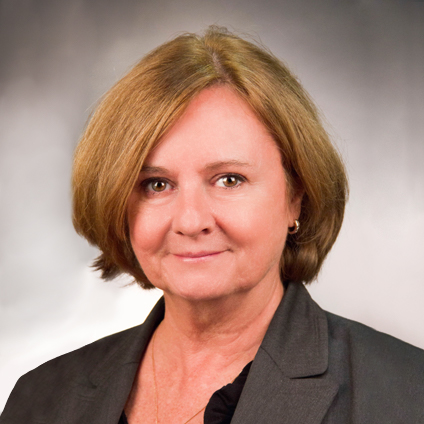
Regina Sullivan, PhD
Research Scientist, The Emotional Brain Institute
Nathan S. Kline Institute for Psychiatric Research;
Research Professor of Child and Adolescent Psychiatry
NYU School of Medicine, New York, NY, USA
Dr. Sullivan is a Developmental Behavioral Neuroscientist researching the neurobiology of infant attachment to the caregiver to determine the neural mechanisms for the enduring mental health effects of abuse and trauma in early life. Her research has highlighted how the infant brain functions differently from the adult brain, as well as the critical role of the caregiver in modifying how the young brain responds to trauma. Dr. Sullivan innovative research has been continuously funded by the National Institute of Health for over two decades, and also supported by numerous foundations and other granting agencies. She has authored over 100 journal articles, book chapters, and other professional publications, including work in Nature and Nature Neuroscience. Dr. Sullivan has served as a consultant and advisor to the National Institute of Health (NIH), including serving on committees for The Research Domain Criteria Project (RDoC) on Negative Affect, Child Maltreatment and Trauma, Improving Cross-species Understanding of Developmental, BluePrint for Developmental Neuroscience and Neurodevelopment for The National Advisory Mental Health Council. She has served as President for The International Society for Developmental Psychobiology and The Society for Neuroscience OK Chapter. She also serves on boards for scientific journals including, Developmental Cognitive Neuroscience Journal, International Journal for Developmental Psychobiology and Frontiers in Behavioral Neuroscience.